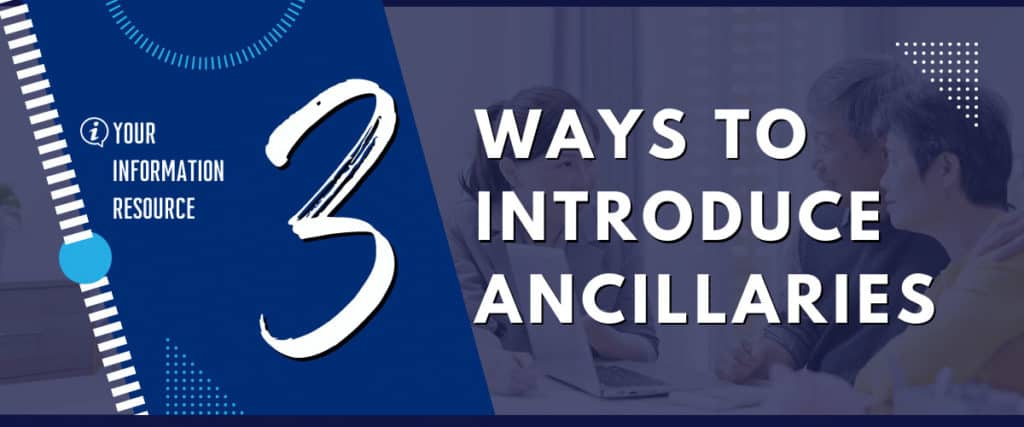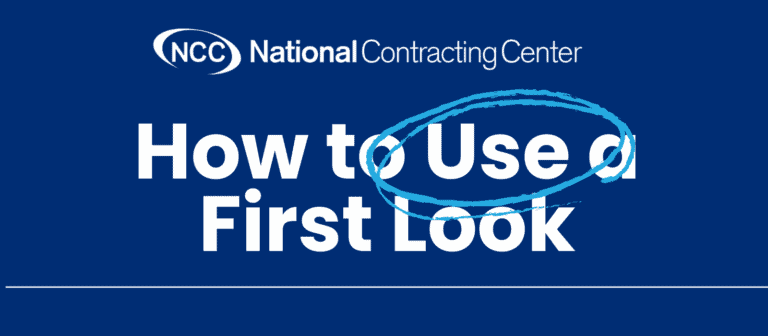Start the Conversation About Ancillaries
Selling ancillary products can be a touchy subject to some agents. You entered the Medicare industry to help people, and you don’t want to come across as a salesperson. Use these three methods for bringing up ancillaries, though, and the introduction won’t come off like a sales pitch.
Introduce Cancer Policies with a Relevant Fact or Statistic
For this first example we will be looking at Cancer plans specifically, but this could be used with other products with some research. For this method of introducing ancillaries, you start by introducing a relevant fact.
For example: According to a 2021 study, 1 in 2 women, and 1 in 3 men will develop cancer in their lifetime. If your client does not have a cancer plan, they could be stuck with paying for part of their treatments out of pocket should they ever receive a diagnosis. Ask your client if they are aware of this (or another relevant statistic) as a way of bringing ancillaries into the conversation.
The goal of this example is to lay out the facts for the client, but not to scare them. You just want to inform them and educate them on the options available should they want to get coverage.
Talk About the Financial Security a Hospital Indemnity Policy Can Provide
For the second example, we’re going to look at hospital indemnity plans, GTL’s Advantage Elite Hospital Indemnity plan specifically. A 65-year-old client can get a guaranteed issued plan for less than the cost of going out to dinner once a month.
If the client ever gets hospitalized, they will receive a lump sum check to help cover the gap costs, which can be used for other costs associated with hospitalization. If you know about how much the monthly premium is, compare that cost to a real-life expense, and explain how that small extra expense could pay off tremendously in the event of a hospitalization.
Compare the Cost of Treatment to the Cost of the Related Ancillary Policy
For the third example, I recommend looking into the actual expenses of some of the treatments that come with cancer/heart attack/stroke/hospitalizations etc. Showing the client, the actual dollar amount and how much that cost compares to the monthly expense can be a big eye opener for clients.
- Average costs for cancer treatments are $150,000.
- Average costs for heart attack treatment/monitoring are $21,500. If surgery is involved the average goes up to $100,000.
- Average cost for stroke treatment/care is $20,000.
It’s important to lay these facts out in a way that doesn’t scare the client into purchasing the plan. You simply want them to be aware of the costs and how little it can cost to be covered.
Get Your Clients the Coverage They Need
Ancillary products are created to help people cover high out of pocket costs associated with common diseases. If you are not bringing these products up to your clients you are doing them a disservice, and if you aren’t offering the products, there are other agents in your area ready to step in. Want to start selling ancillaries? Give us a call today at 800-695-0280 and we can help you get started.

Written by Stephen Jackson, Sales Support Specialist
Stephen strives to help agents reach their full potential through marketing support, training, and education. Previously in the hospitality and entertainment industries, Stephen’s prior customer service management experience helps him achieve a high level of agent satisfaction by going the extra mile and assisting agents quickly and efficiently. Stephen’s operational knowledge and attention to detail are valuable qualities our agents appreciate.








